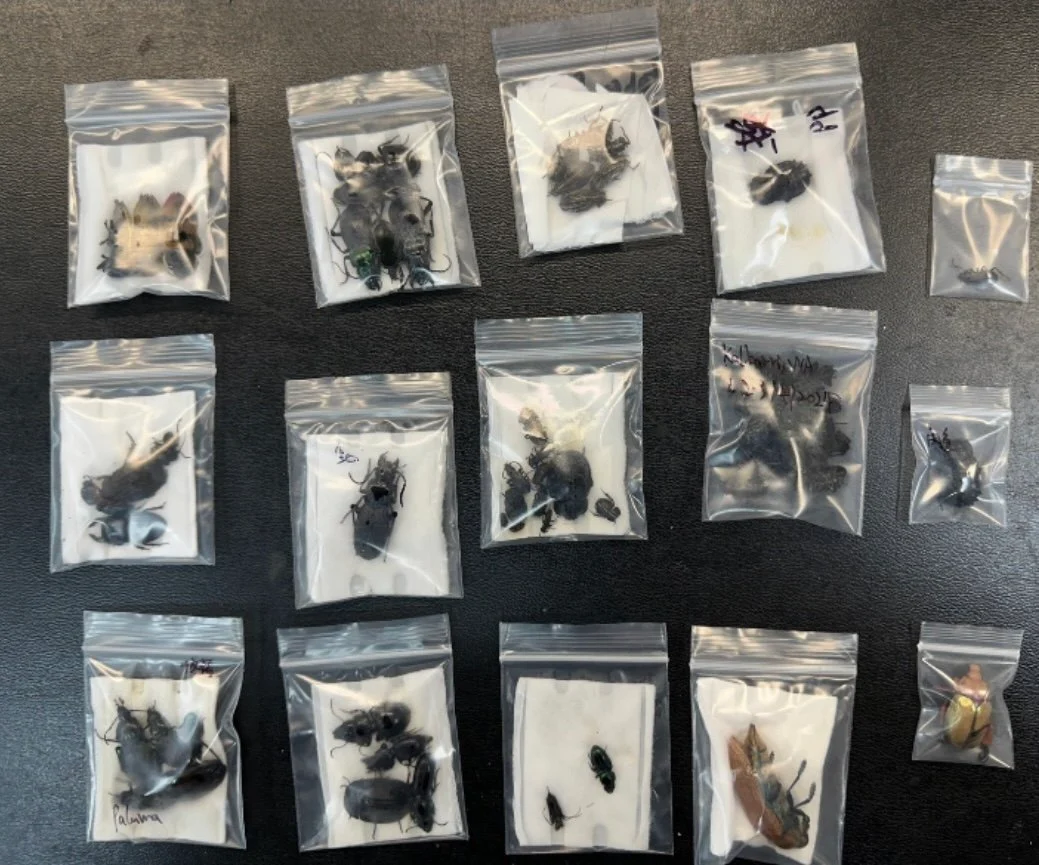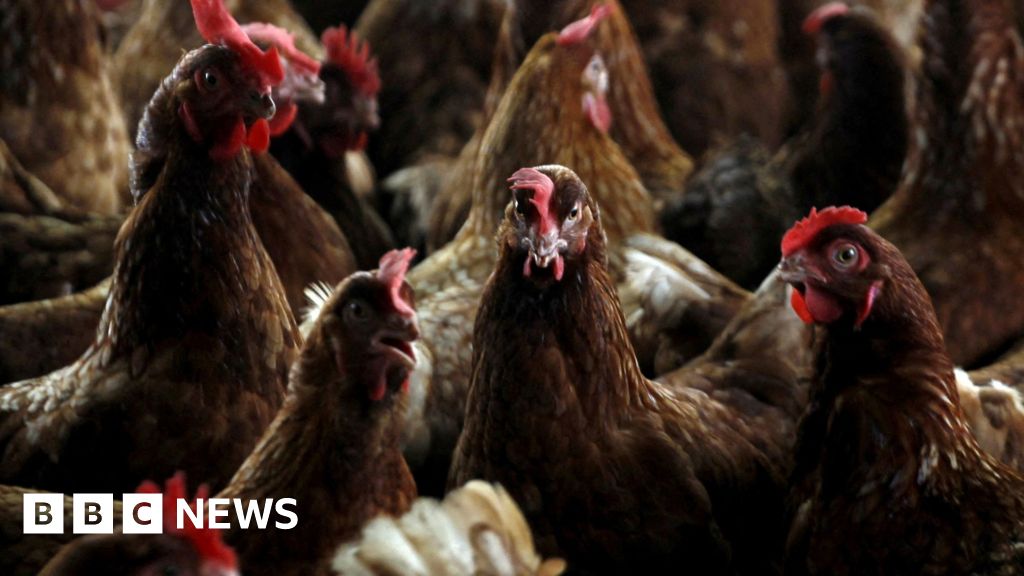Copyright scmp

An international student has been fined A$35,000 (US$22,700) after he was caught trying to smuggle 125 spiders and insects out of Australia, as the country continues to crack down on a growing illegal wildlife trade with links to organised crime. Australian Border Force officers detained Zhang Qiran, a 22-year-old Chinese national, at Sydney International Airport on January 26 after they found 34 packages hidden inside his checked-in and carry-on luggage, the Department of Climate Change, Energy, the Environment and Water (DCCEW) said on Monday. Packed inside were 125 spiders and insects – including carabid beetles, a giant rainforest centipede, a banded desert centipede, banded huntsman spiders and an atlas rainforest beetle. Of those, 76 were regulated native species. “Shanghai, 2000” was written on one of the containers, possibly indicating the destination and sale value, 7 News reported. The insects that were still alive were sent to Taronga Wildlife Hospital for care and identification. It is not known how many lived – according to DCCEW, “sadly, many insects don’t survive illegal trade”. “Protecting our native species and their habitats is important for Australia to remain one of the most biodiverse countries on earth,” DCCEW said. “Insects and other invertebrates are biodiversity heroes. They play a vital role in ecosystems by pollinating plants, recycling nutrients and supporting the health of our environment.” Zhang pleaded guilty to all charges. Under Australia’s Environment Protection and Biodiversity Conservation Act, those found guilty of exporting native wildlife without a permit can be jailed for up to 10 years, fined up to A$330,000, or both. His sentence “sends a strong message” that wildlife smuggling would not be tolerated, DCCEW told 7 News. “The court sent a significant message to the community that this conduct is not tolerated and that anyone found to be attempting to profit from the illegal export of Australia’s wildlife will be punished and dealt with at a higher cost than what they were destined to make from this insidious trade.” Legal export pathways do exist, according to the department. “We issue export permits for approved species and make sure the animals are treated humanely and sustainably.” From January to August, DCCEW intercepted “hundreds of illegal exports” and found links to “a criminal syndicate involved in large-scale, organised exports of native wildlife”. “The network used ‘money mules’ to send funds to illicit networks. That money was used to illegally export Australian native reptiles to China,” the department said in a statement on August 29. In July, it arrested a 37-year-old man allegedly acting as a money mule for wildlife smugglers. He has been charged with money laundering offences, which carry a maximum penalty of 20 years’ jail. Wildlife trafficking is the fourth largest illegal trade in the world, after drugs, weapons and human beings. It generates up to A$23 billion a year globally for organised crime syndicates, according to Crime Stoppers Australia. “Wildlife crimes are closely interlinked with money-laundering, corruption, murder and extreme violence,” the charity wrote on its website. It is also one of the biggest threats to many of Australia’s most threatened species, it added. “Australia’s exotic reptiles, amphibians and birds are highly prized and command big prices on the black market, here and overseas, with the pet trade hungry for our lizards, snakes and bird species such as parrots and cockatoos. We have almost 900 native reptile species, of which more than 90 per cent exist nowhere else [such as bluetongue lizards, water dragons and red-bellied black snakes], so they continue to be our most trafficked Australian native live animal.” Australia’s brightly coloured reptiles are especially valuable and can sell for up to A$20,000 each, according to Crime Stoppers.



